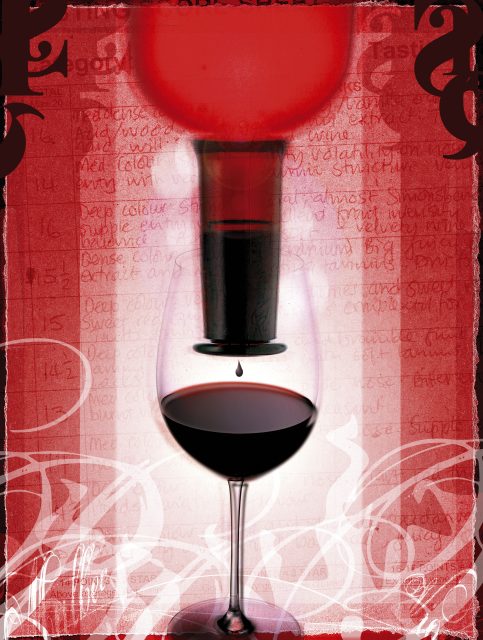このウェブサイトでは、お客様に最高のユーザー体験を提供できるよう、クッキーを使用しています。クッキーの情報は、お客様のブラウザに保存され、お客様が当ウェブサイトに再度訪問された際に、お客様を認識したり、お客様が当ウェブサイトのどのセクションを最も興味深く、有用であると感じるかを当チームが理解するのに役立つなどの機能を果たします。
最高裁、ワイン殺人事件の再審棄却
日本の最高裁判所は、1961年にワインで毒殺された5人の女性について、10回目の再審請求を棄却した。

奥西勝は1961年、妻を含む5人の女性をワインで毒殺した罪で有罪判決を受けた。この毒殺事件により12人が入院した。
1961年、奥西は当初、名張市の住民集会で出されたワインに農薬を混入したと捜査当局に供述した。動機は妻と別の女性との「三角関係に終止符を打つため」だったという。
しかし、起訴前に自白を撤回し、津地裁は1964年、証拠不十分として奥西に無罪を言い渡した。
しかし、名古屋高裁は1969年に下級審判決を覆し、死刑判決を下した。 ジャパンタイムズ.
第10次再審請求は、奥西死刑囚が46年の刑期を終えて2015年に死去した後、妹の岡美代子さんが申し立てた。弁護団は、高齢のため、これが94歳の女性の最後の控訴になるだろうと述べた。岡は、兄が9回目の再審請求の途中で死亡した後、この事件を担当した。
今回の嘆願書には、ワインボトルの栓の紙シールの断片に、ワインの製造段階で使用されたものとは異なる市販の糊の痕跡があったという専門家報告書による新証拠が含まれていた。弁護側は、毒はワインに添加され、ボトルには犯行現場以外の場所で再封印された可能性があると主張した。
しかし最高裁は、書面による専門家報告は新証拠には当たらないという従来の判決を支持した。
2005年、奥西氏の事件は、その農薬が実際には使用されていない可能性が高いことが判明したため、再審理された。しかし、検察が異議を申し立てたため、この決定は無効となった。
最高裁は1月、再審請求の特別抗告を棄却した。弁護側は2022年3月に名古屋高裁が特別抗告を棄却した後、最高裁に特別抗告を提出した。
行政法学者の宇賀克也氏は、5人の審議判事の中で唯一、裁判の再開を提案した。他の4人は全員、再審には反対だと述べた。
日本の死刑囚は、秘密裏に行われる死刑執行の数時間前にしか知らされない。

